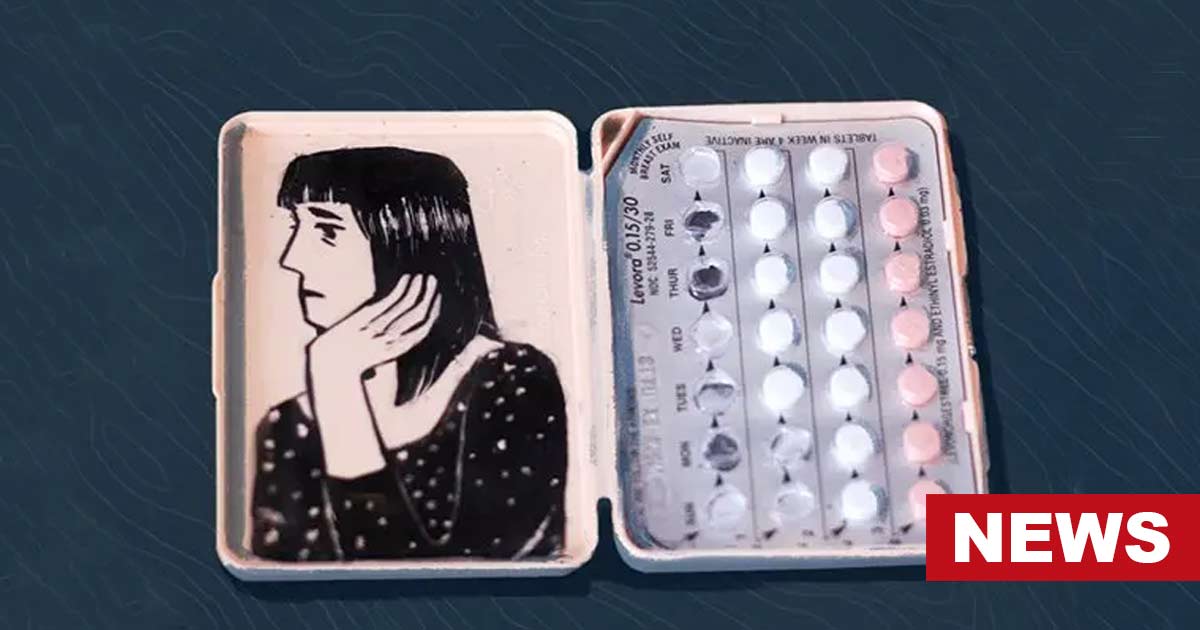A recent study, involving over 264,000 women, has shed light on the potential connection between contraceptive pills and depression. Particularly notable is the increased risk observed in girls taking birth control pills in adolescence. The study found that teenage girls who started using birth control pills had a 130% higher rate of depression.
The risk among adult users was also significant, with a 92% increased rate of depression. Researchers from Uppsala University in Sweden, who conducted the study, believe that the hormonal changes associated with puberty contribute to the heightened impact of contraceptive pills on teenagers.
This study, published in Epidemiology and Psychiatric Sciences, reinforces previous research that has highlighted a link between oral contraceptive use and depression. A 2016 report in JAMA Psychiatry revealed that hormonal contraceptives were often associated with subsequent use of prescription antidepressants or a diagnosis of depression.
Additionally, a 2019 study indicated that teenage girls taking oral contraceptives reported more crying, sleep irregularities, and eating problems compared to their peers who did not use such contraceptives.
The study drew data from the UK Biobank, a comprehensive biomedical database comprising information from over half a million participants across the UK. Specifically focusing on combination contraceptive pills containing progestogen and estrogen, which mimic the hormones progesterone and estrogen, the researchers uncovered these concerning findings.
Interestingly, the study revealed that the increased rates of depression declined when women continued using contraceptive pills beyond the first two years. However, teenage girls taking oral contraceptives still faced an elevated risk of depression even after discontinuation, whereas adult users did not exhibit the same pattern.
It is important to note that despite the potential risk of depression, medical experts assert that hormonal contraceptives remain a safe and effective method of birth control for most women. The study’s authors emphasized that the majority of women tolerate external hormones well, experiencing minimal adverse effects on their mood.
They highlighted the numerous benefits of hormonal contraceptives, including the prevention of unplanned pregnancies and certain illnesses, such as ovarian and uterine cancers.
However, in light of the findings, the study authors stressed the significance of informing both healthcare professionals and patients about the potential side effects associated with contraceptive pills and depression.
By providing comprehensive information, individuals can make informed decisions about their contraceptive choices while considering the associated benefits and risks.









